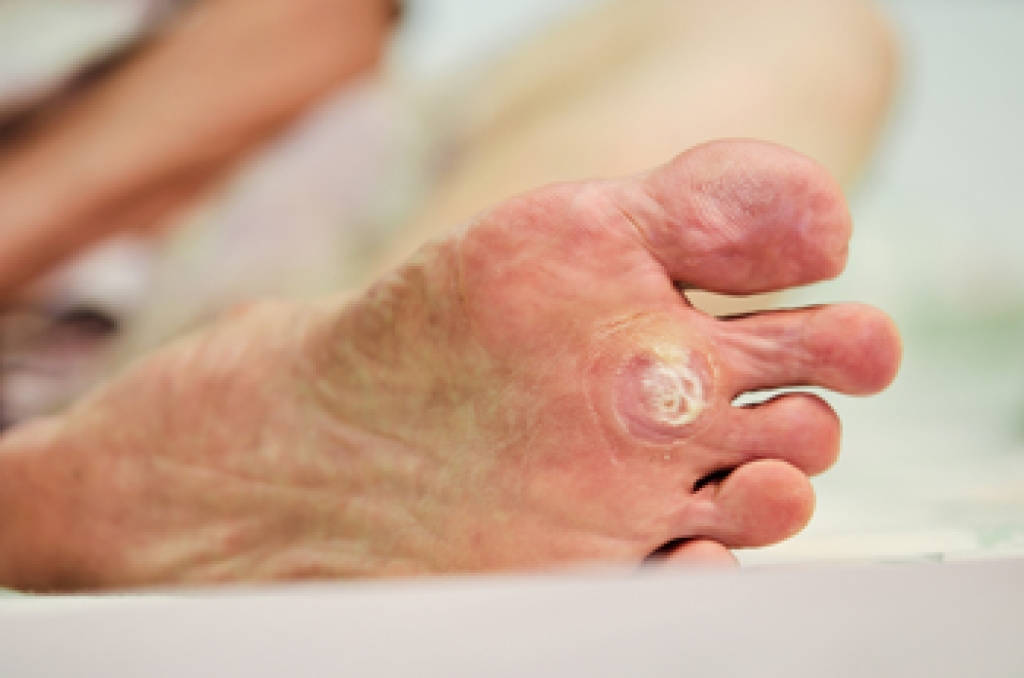
Plantar warts can be annoying and uncomfortable, especially for those who spend time in communal areas or have weakened immune systems. Plantar warts are caused by the human papillomavirus, also known as HPV. You are more likely to come in contact with the types of HPV that cause plantar warts if you frequent places such as locker rooms, showers, and pool decks while walking barefoot. Children between the ages of five and sixteen are particularly susceptible to these warts. Additionally, individuals with a weakened immune system have a higher risk of developing plantar warts because their bodies struggle to combat HPV. Regarding treatment, the primary goal is the complete removal of the plantar wart. Salicylic acid, available over the counter or by prescription, is one course of treatment. Additionally, cryotherapy involves using liquid nitrogen at an in-office procedure to freeze off the wart. For more information on managing plantar warts, it is suggested that you make an appointment with a chiropodist.
Plantar warts can be uncomfortable or even painful. If you’re suffering from warts on your feet, please consult with one of our chiropodists from West Toronto Foot & Ankle Clinic Inc. . Our chiropodist can help you maintain the health of your lower limbs and your mobility.
What Does a Plantar Wart Look Like?
Plantar warts are fleshy growths that generally have a rough, grainy texture. They may look and feel like a callus and are usually small and can grow individually or in clusters. Plantar warts may have small, black dots at their center that are actually tiny blood vessels. Warts interrupt the natural lines of your skin.
Treatment Options
- Salicylic acid - A chemical solution applied directly to the wart
- Cryotherapy - Freezing the wart off with liquid nitrogen
- Minor surgery - Removing the wart through excision
- Laser treatment - A concentrated beam of light is used to remove the wart
- Wearing comfortable shoes and socks to avoid irritating the wart
- Over-the-counter medications for pain relief
- Patches to keep pressure off the warts
Plantar warts can go away on their own, but this may take several months to years. If your plantar warts are bothering you, seeking medical treatment is suggested. If you have any questions please feel free to contact our office located in Toronto, ON .
